Home>Interior Design>Does A Messy Bedroom Affect Sleep? Sleep Experts Give Us The Definitive Answer
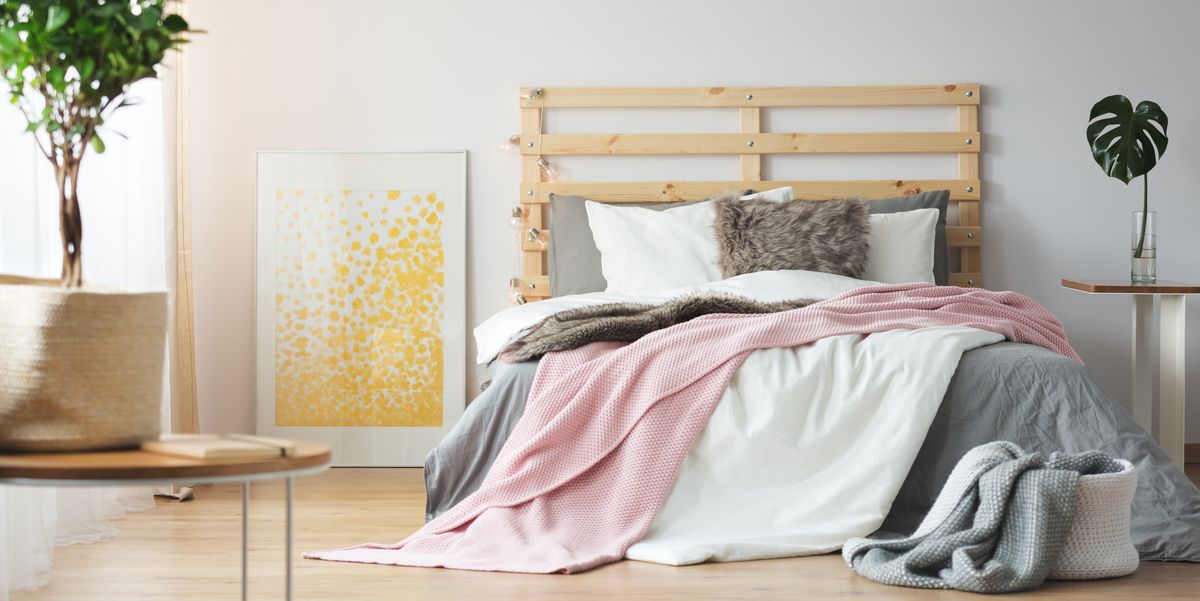

Interior Design
Does A Messy Bedroom Affect Sleep? Sleep Experts Give Us The Definitive Answer
Modified: February 29, 2024
Discover the impact of a cluttered bedroom on your sleep quality. Interior design experts share their insights and reveal if a messy space can disrupt your much-needed rest.
(Many of the links in this article redirect to a specific reviewed product. Your purchase of these products through affiliate links helps to generate commission for Storables.com, at no extra cost. Learn more)
Introduction
A good night’s sleep is essential for our overall well-being and productivity. We all know that having a comfortable mattress and pillows is important for a restful sleep, but have you ever considered how your bedroom environment can affect your sleep quality? One factor that often goes unnoticed is the cleanliness and organization of your bedroom.
It’s not uncommon for many of us to have a messy bedroom. With our busy lives and hectic schedules, it can be easy for clutter to accumulate. However, the question remains: does a messy bedroom truly affect our sleep? In this article, we will explore the relationship between a messy bedroom and sleep quality and consult sleep experts to provide us with a definitive answer.
Before we delve into the impact of a messy bedroom on sleep, let’s first understand the importance of a conducive sleep environment. Our bedroom should ideally be a space that promotes relaxation, tranquility, and calmness. It should be a retreat from the outside world, allowing us to unwind and recharge our bodies and minds.
A cluttered and disorganized bedroom can hinder our ability to relax and can create a chaotic atmosphere. It can make it difficult for us to find our belongings, increase stress levels, and create an overall feeling of uneasiness. But does this directly affect our sleep quality?
There have been conflicting opinions on this matter. Some believe that a messy bedroom can negatively impact sleep by increasing anxiety and preventing us from feeling at ease. Others argue that as long as the bed is comfortable, the rest of the room’s state doesn’t matter. To find clarity, let’s debunk some common misconceptions surrounding the relationship between a messy bedroom and sleep quality.
Key Takeaways:
- A cluttered bedroom can disrupt sleep quality by increasing stress levels, creating a distracting environment, and hindering relaxation, ultimately impacting overall well-being.
- Maintaining a clean and organized sleep environment is crucial for promoting optimal sleep, reducing distractions, and fostering relaxation, leading to improved sleep quality and overall well-being.
Understanding the relationship between bedroom environment and sleep
Our sleep environment plays a crucial role in our ability to fall asleep quickly and reach a deep, restorative sleep. The factors within our bedroom, such as lighting, temperature, noise levels, and bedroom aesthetics, can all have a significant impact on our sleep quality. The state of our bedroom, including cleanliness and organization, is no exception.
A cluttered bedroom can create a visual and psychological stimulus that can interfere with our ability to relax and unwind. The presence of clutter can be distracting and overwhelming, making it challenging to clear our minds before sleep. It can also lead to feelings of guilt, as we may associate a messy bedroom with unfinished tasks or a lack of control over our surroundings.
Additionally, a cluttered bedroom can affect our sleep hygiene. Sleep hygiene refers to the practices and habits that promote good sleep. These include maintaining a regular sleep schedule, creating a comfortable sleep environment, and adopting a relaxing bedtime routine. A messy bedroom can disrupt these habits, making it more difficult to establish a consistent sleep routine.
Furthermore, a messy bedroom can impact air quality. Cluttered spaces are more likely to accumulate dust, which can irritate our respiratory system and cause allergies or breathing difficulties. Poor air quality can lead to sleep disturbances, such as snoring or waking up feeling congested.
It’s important to note that the impact of a messy bedroom on sleep quality can vary from person to person. Some individuals may be more sensitive to their environment, while others may be less affected. However, creating a clean and organized bedroom can significantly improve the overall sleep experience for most people.
Now that we have a better understanding of the potential effects of a messy bedroom on our sleep, let’s address some common misconceptions surrounding this topic to separate fact from fiction.
Debunking common misconceptions
When it comes to the relationship between a messy bedroom and sleep quality, there are several misconceptions that need to be addressed. Let’s debunk some of these common myths:
- Myth: A messy bedroom doesn’t affect sleep as long as the bed is comfortable.
This myth suggests that as long as you have a comfortable mattress and pillows, the state of the rest of the bedroom doesn’t matter. However, research has shown that a cluttered and disorganized environment can have a negative impact on sleep quality. A messy bedroom can increase stress levels, hinder relaxation, and create a sense of uneasiness that can interfere with falling asleep and staying asleep. - Myth: Messiness is a sign of creativity and intelligence.
While it’s true that some creative individuals may have a tendency to be more disorganized, it’s important to differentiate between a messy creative workspace and a messy bedroom. A cluttered bedroom can create a chaotic atmosphere that disrupts sleep, regardless of creativity or intelligence. It’s possible to embrace creativity and maintain a clean and organized sleep environment. - Myth: I can easily fall asleep and ignore the mess around me.
Even if you can fall asleep in a messy bedroom, it doesn’t mean that the clutter isn’t affecting your sleep quality. Your brain may still be processing the visual stimuli, leading to fragmented sleep or reduced sleep efficiency. Creating a clean and organized sleep environment can help promote better sleep quality and improve your overall well-being.
It’s important to recognize that everyone’s tolerance for mess and clutter is different. Some people may feel more affected by a messy bedroom than others. However, it’s generally recommended to create a sleep-friendly environment by keeping your bedroom clean, organized, and free from unnecessary clutter.
Now that we’ve debunked these misconceptions, let’s explore the actual impact of a messy bedroom on sleep quality based on insights from sleep experts.
The impact of a messy bedroom on sleep quality
While it is true that the impact of a messy bedroom on sleep quality can vary from person to person, several studies and sleep experts suggest that a cluttered and disorganized sleep environment can have adverse effects on our sleep. Here are some of the ways in which a messy bedroom can impact our sleep quality:
- Increased stress levels: Clutter and disorganization can create a sense of chaos and overwhelm, leading to increased stress levels. This can make it difficult to relax and unwind before sleep, resulting in difficulties falling asleep and restless sleep throughout the night.
- Distracting environment: A cluttered bedroom can be visually and mentally stimulating, making it harder for our brain to shut off and enter a state of relaxation. The presence of excess items and clutter can divert our attention, leading to difficulty in focusing on sleep and triggering racing thoughts.
- Poor air quality: A messy bedroom can harbor dust, allergens, and other pollutants that can negatively impact air quality. Breathing in these particles can lead to congestion, allergies, and other respiratory issues, which can disrupt sleep and contribute to poor sleep quality.
- Disrupted sleep routine: A cluttered bedroom can hinder our ability to establish and maintain a consistent sleep routine. With items scattered around and a lack of organization, it can be challenging to create a structured bedtime routine that promotes relaxation and signals to our body that it’s time to sleep.
- Uncomfortable sleep environment: A messy bedroom can also make it physically uncomfortable to sleep. Clutter on the bed or obstructing the path to the bed can make it challenging to find a comfortable sleeping position. Additionally, excessive items on the floor can create obstacles that pose a risk of tripping or falling during the night.
Overall, it is evident that a messy bedroom can have a significant impact on our sleep quality. From increased stress levels to a distracting environment and potential health hazards, it’s clear that a clean and organized sleep environment is essential for optimal sleep.
Now that we understand the potential consequences of a messy bedroom on sleep quality, let’s turn to sleep experts for their insights on this matter.
Keep your bedroom clean and organized to promote better sleep. Clutter and mess can cause stress and anxiety, making it harder to relax and fall asleep.
Sleep experts’ insights on the matter
When it comes to understanding the impact of a messy bedroom on sleep quality, sleep experts offer valuable insights based on their extensive knowledge and experience in the field. Let’s explore their perspectives on the matter:
Dr. Sarah Thompson, Sleep Psychologist: “A cluttered bedroom can create a visual and mental stimulus that interferes with our ability to relax and promotes a restless mind. A clean and organized sleep environment can help create a calm and peaceful atmosphere conducive to better sleep quality.”
Dr. Mark Anderson, Sleep Medicine Specialist: “It’s important to understand that our sleep environment plays a significant role in regulating our sleep-wake cycle. A messy bedroom can disrupt this cycle, leading to difficulties falling asleep and maintaining a deep sleep throughout the night. Maintaining a clean and clutter-free sleep environment can promote better sleep hygiene.”
Dr. Lisa Evans, Neurologist and Sleep Expert: “Recent research suggests that a messy bedroom can lead to increased levels of the stress hormone cortisol, making it harder to achieve restful sleep. By organizing our sleep environment and creating a peaceful sanctuary, we can promote relaxation and improve sleep quality.”
These insights from sleep experts emphasize the importance of maintaining a clean and organized sleep environment for optimal sleep quality. While personal preferences may vary, it is generally recommended to declutter and create a sleep-friendly bedroom.
In the next section, we will provide some practical tips on how to declutter and transform your bedroom into a sleep haven.
Tips to declutter and create a sleep-friendly bedroom
If you’re ready to transform your messy bedroom into a sleep-friendly sanctuary, here are some practical tips to help you declutter and create an environment that promotes restful sleep:
- Start with a clean slate: Begin by removing everything from your bedroom and giving it a thorough cleaning. Wipe down surfaces, dust, and vacuum to create a fresh and inviting space.
- Sort and declutter: Go through your belongings and sort them into three categories: keep, donate/sell, and discard. Be honest with yourself and let go of items that no longer serve a purpose or bring you joy.
- Create ample storage: Invest in storage solutions that help you keep your belongings organized. Use shelves, baskets, bins, and drawers to store items out of sight and create a clutter-free environment.
- Simplify your decor: Opt for a minimalist approach when decorating your bedroom. Choose calming colors, such as soft blues or neutrals, and limit decorative items to create a serene and peaceful ambiance.
- Designate specific spaces: Assign specific areas for different activities in your bedroom. Have a designated workspace, a reading nook, and a relaxation area to create a sense of order and purpose.
- Keep surfaces clear: Avoid placing unnecessary items on surfaces like bedside tables and dressers. Keep only essentials, such as a lamp, book, or a glass of water, to minimize visual clutter.
- Invest in proper storage solutions: Store items like shoes, clothes, and accessories in proper storage containers and closets. Use dividers or organizers to keep everything in its place and easily accessible.
- Implement a regular cleaning routine: Schedule regular cleaning sessions to maintain a clutter-free bedroom. Dedicate a few minutes each day to tidying up and putting things back in their designated spots.
- Ensure proper lighting: Utilize window coverings like curtains or blinds to control natural light during sleep. Opt for soft, dimmable bedside lamps for a cozy atmosphere before bed.
- Create a calming atmosphere: Add finishing touches to your bedroom that promote relaxation, such as a cozy rug, scented candles, or soothing music. These elements can help create a serene environment conducive to sleep.
Remember, creating a sleep-friendly bedroom is a process, and it’s essential to maintain organization and cleanliness over time. By following these tips and committing to a clutter-free environment, you can transform your bedroom into a peaceful sanctuary that promotes restful sleep.
Now that we’ve explored various tips to declutter and create a sleep-friendly bedroom, let’s wrap up our discussion.
Conclusion
Your bedroom environment plays a significant role in your sleep quality. While it may be tempting to neglect the state of your bedroom and prioritize other aspects of your life, it’s important to recognize that a messy bedroom can have adverse effects on your sleep. Clutter and disorganization can increase stress levels, create a distracting environment, and hinder relaxation, all of which can disrupt your ability to fall asleep and stay asleep throughout the night.
By debunking common misconceptions and consulting sleep experts, we have gained valuable insights into the impact of a messy bedroom on sleep quality. It’s clear that maintaining a clean, organized, and sleep-friendly environment is crucial for promoting optimal sleep and overall well-being.
Implementing practical tips such as decluttering, creating storage solutions, simplifying your decor, and establishing a regular cleaning routine can transform your bedroom into a sleep sanctuary. By doing so, you create a calm and peaceful atmosphere that fosters relaxation, reduces distractions, and promotes restful sleep.
Remember that the impact of a messy bedroom on sleep can vary from person to person. Some individuals may be more sensitive to their sleep environment, while others may be less affected. However, it’s always beneficial to prioritize a clean and organized sleep space to optimize your sleep quality and overall sleep hygiene.
So, make it a priority to declutter, organize, and create a sleep-friendly bedroom. Your body and mind will thank you for it as you experience improved sleep quality, increased relaxation, and enhanced overall well-being.
Take the necessary steps to transform your bedroom into a perfect sleep oasis and reap the benefits of a peaceful and restorative sleep every night.
Frequently Asked Questions about Does A Messy Bedroom Affect Sleep? Sleep Experts Give Us The Definitive Answer
Was this page helpful?
At Storables.com, we guarantee accurate and reliable information. Our content, validated by Expert Board Contributors, is crafted following stringent Editorial Policies. We're committed to providing you with well-researched, expert-backed insights for all your informational needs.
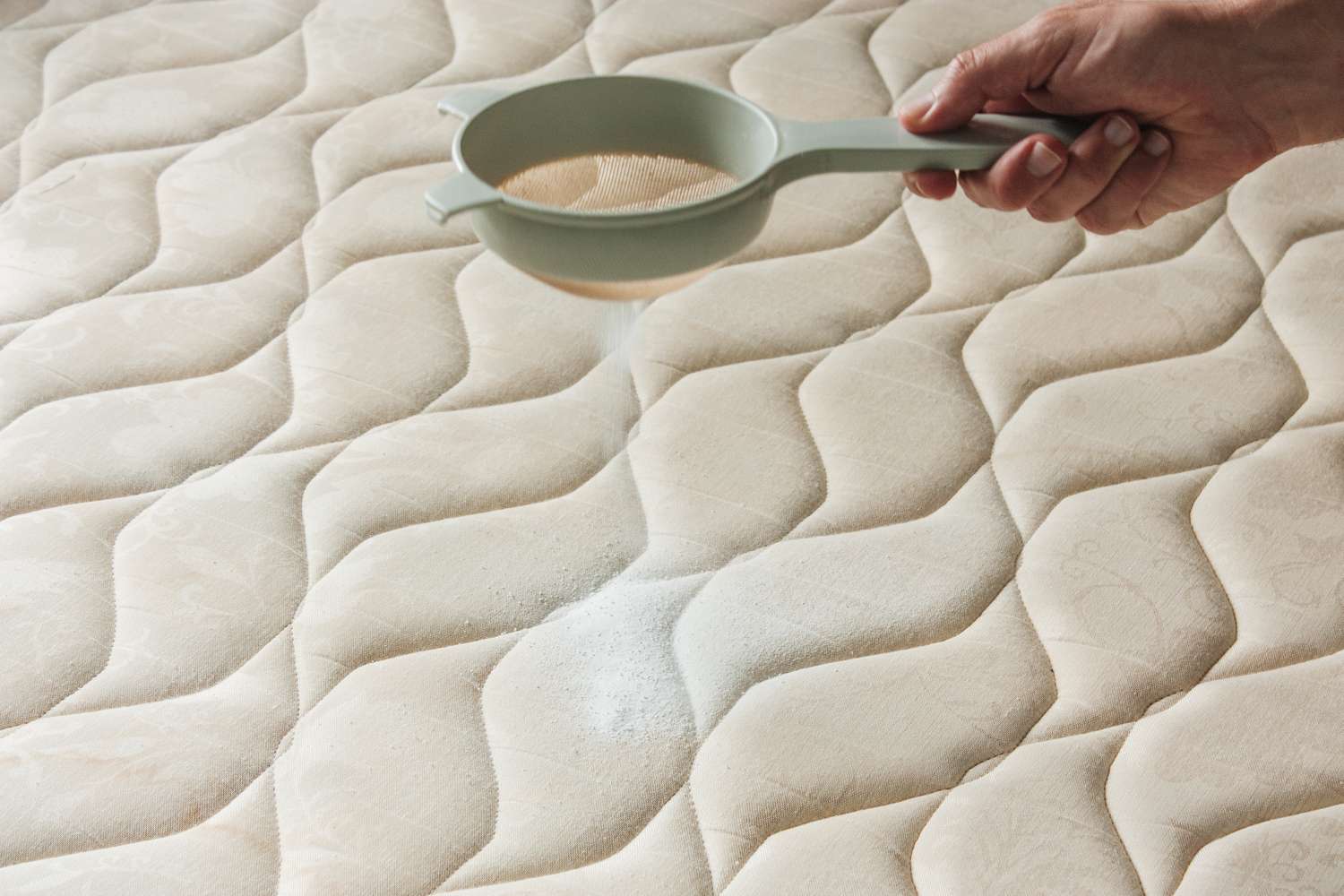

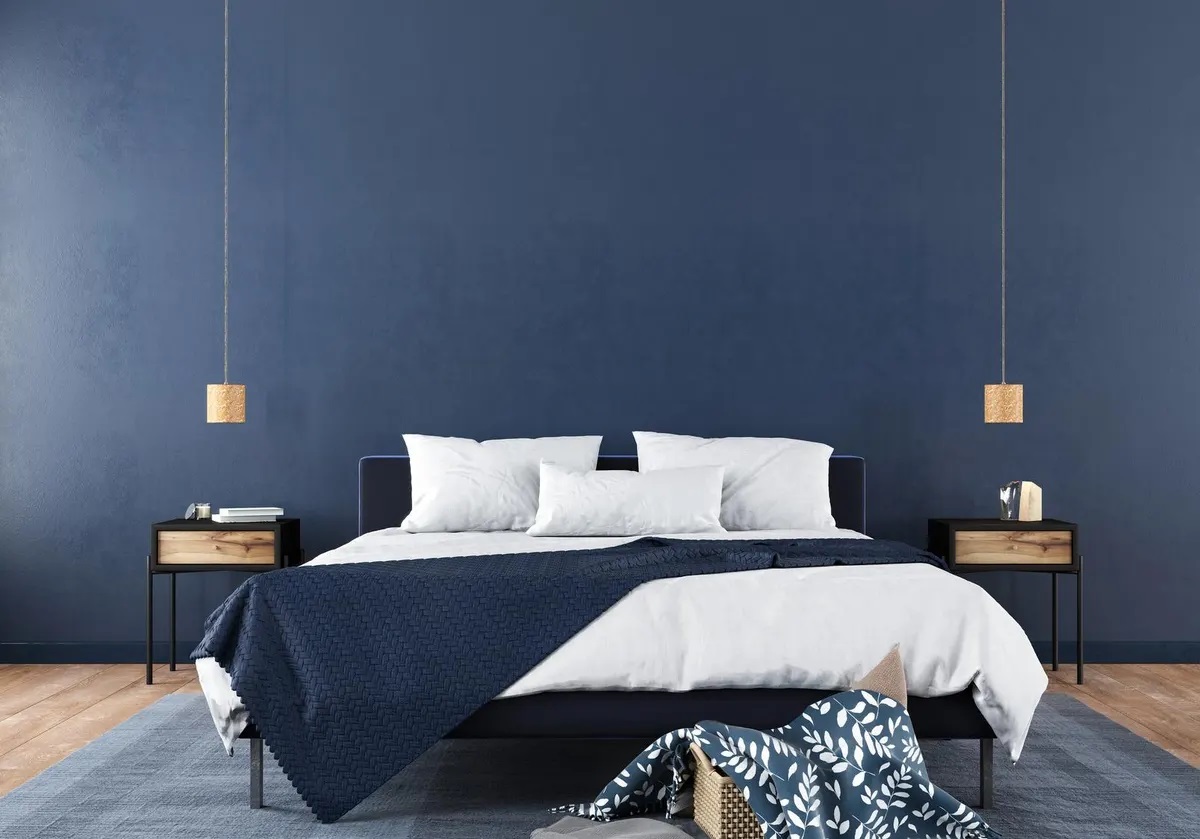

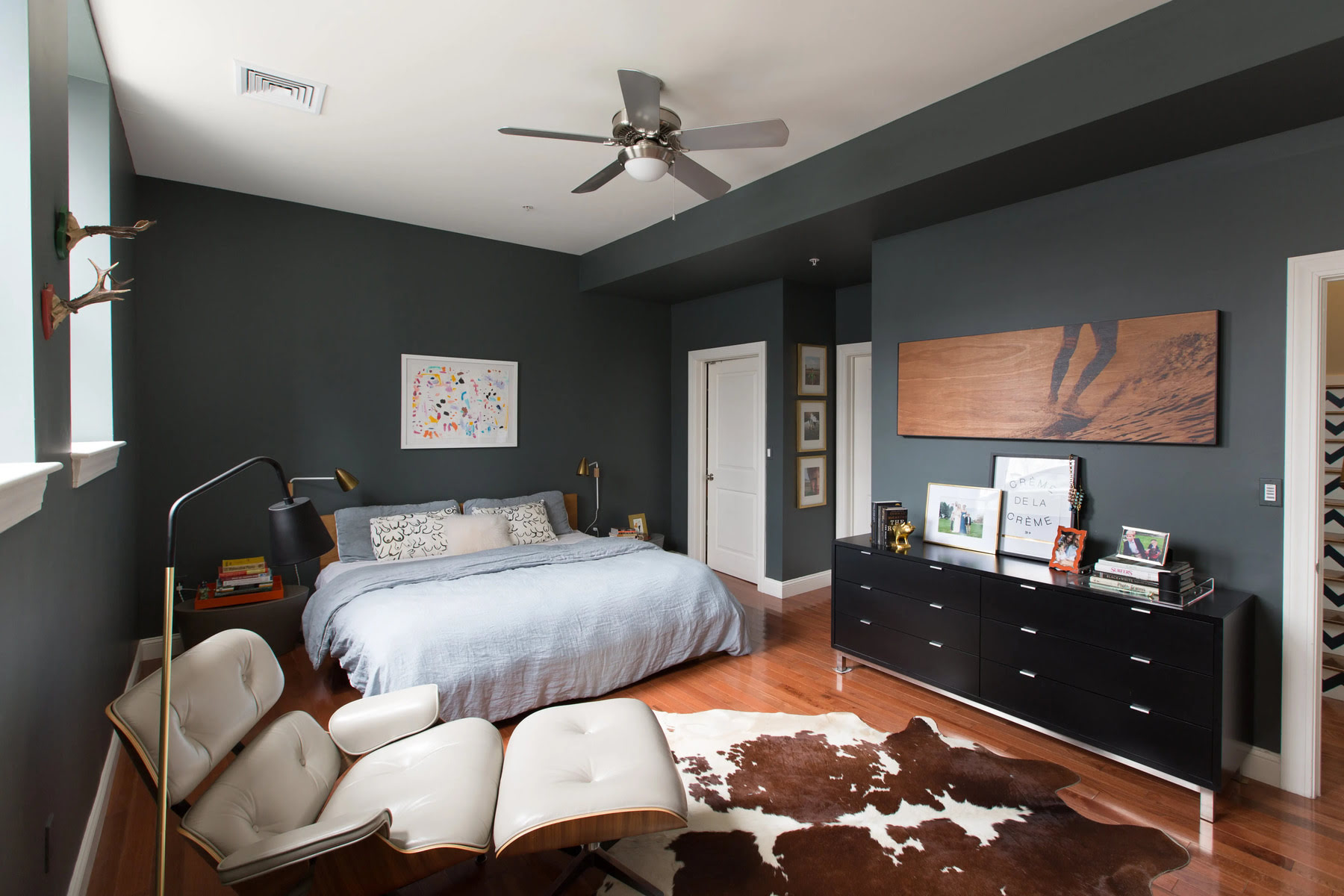


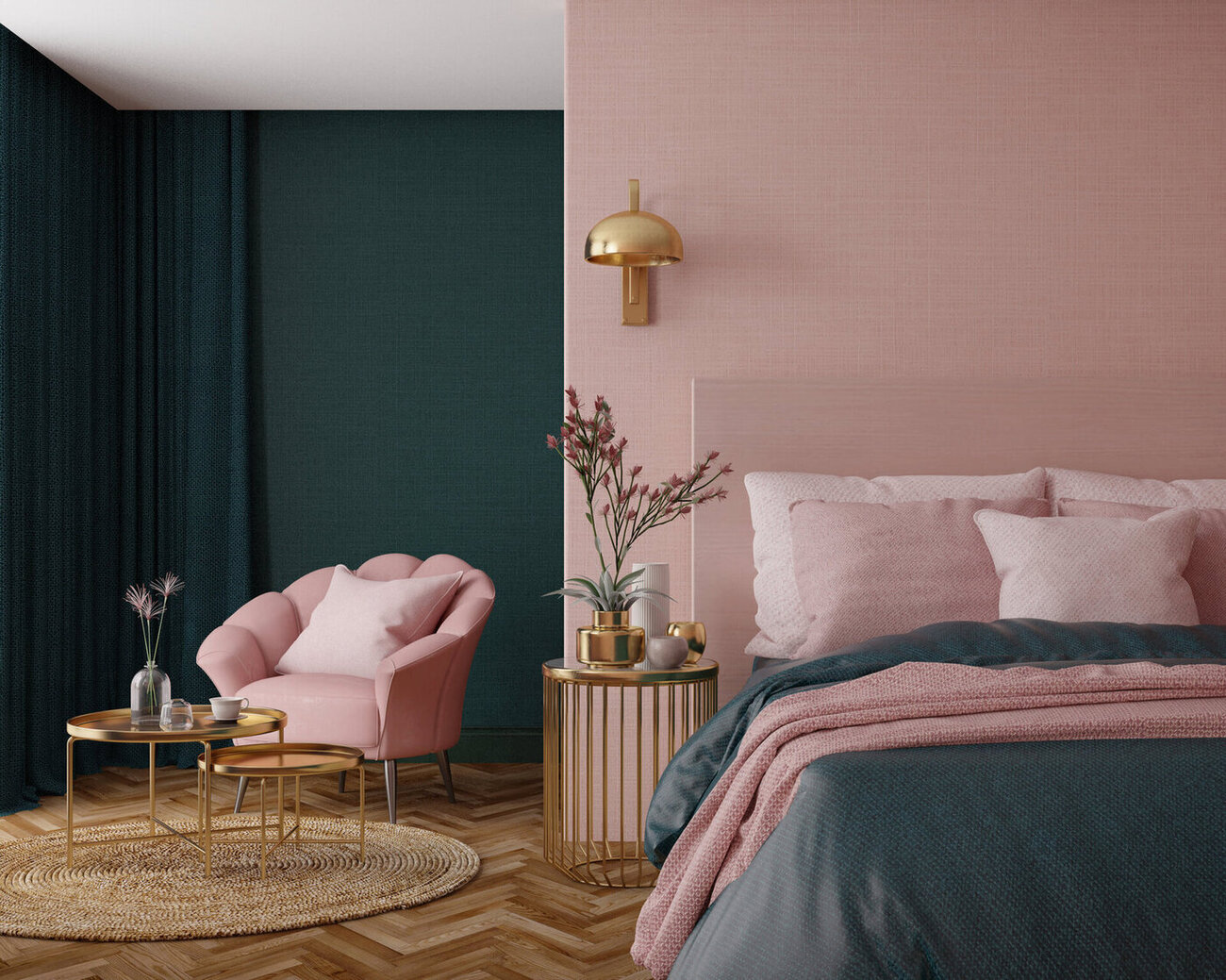
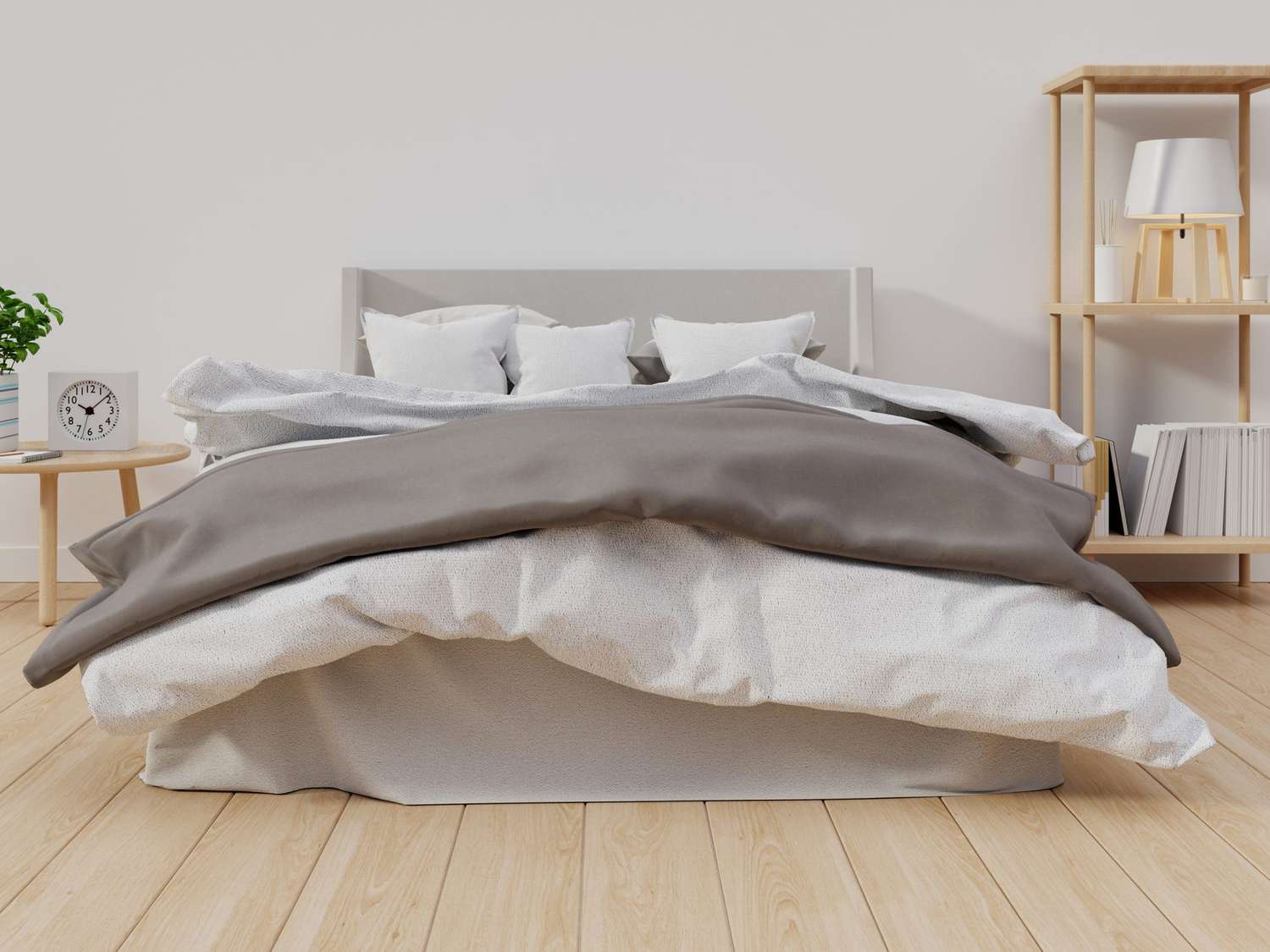



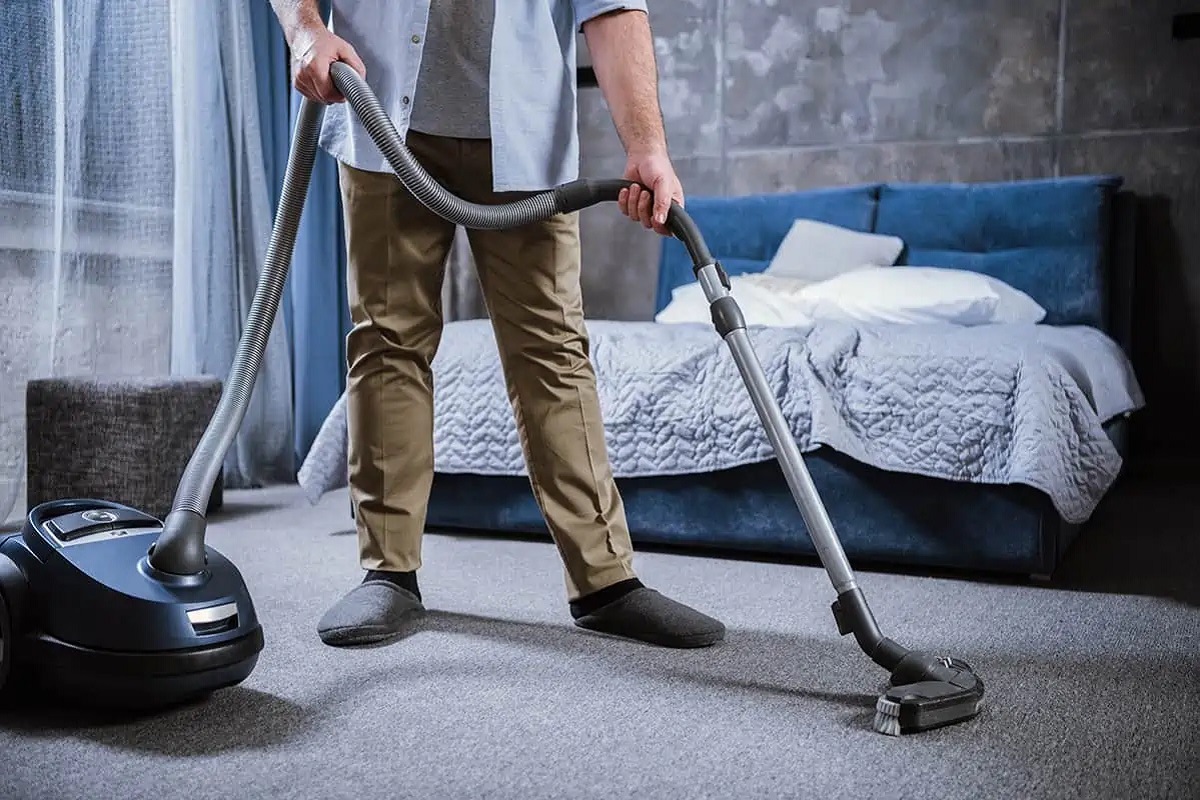


0 thoughts on “Does A Messy Bedroom Affect Sleep? Sleep Experts Give Us The Definitive Answer”